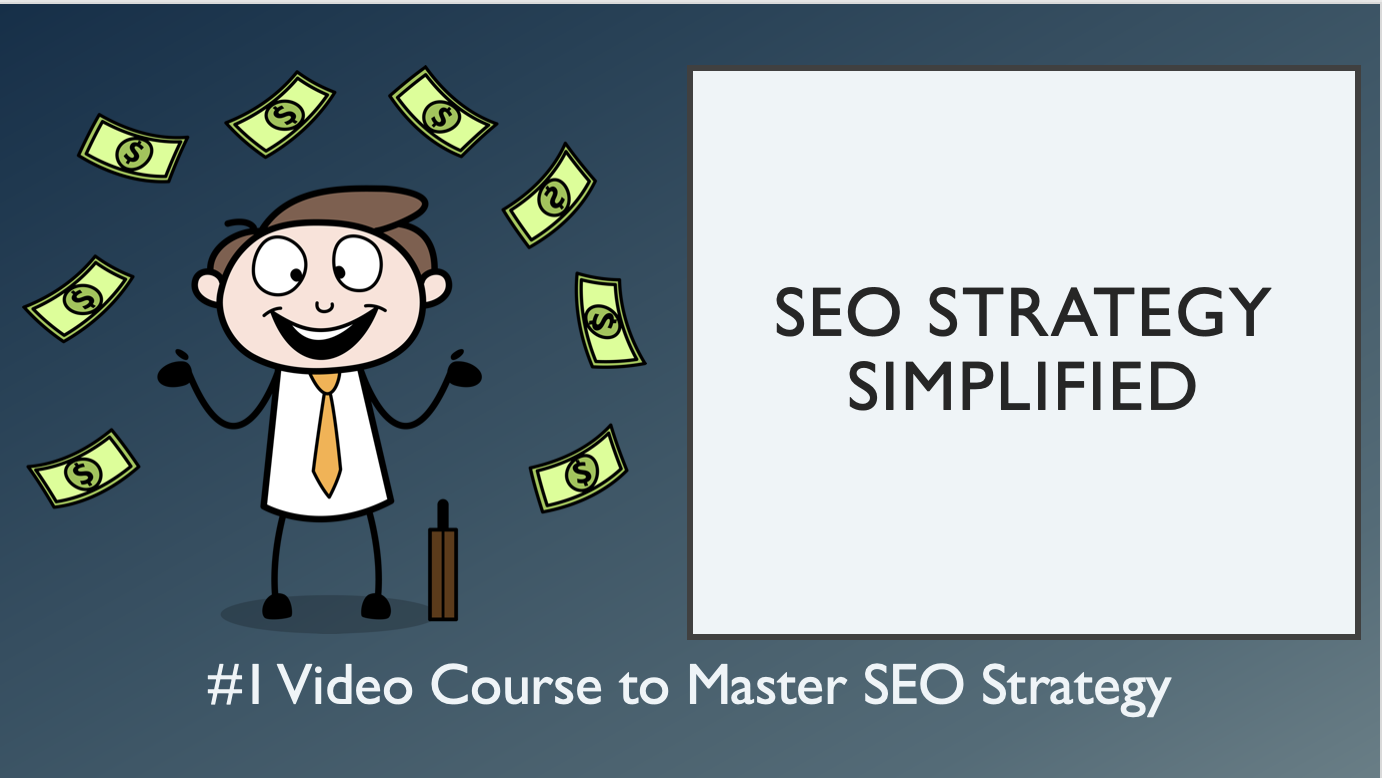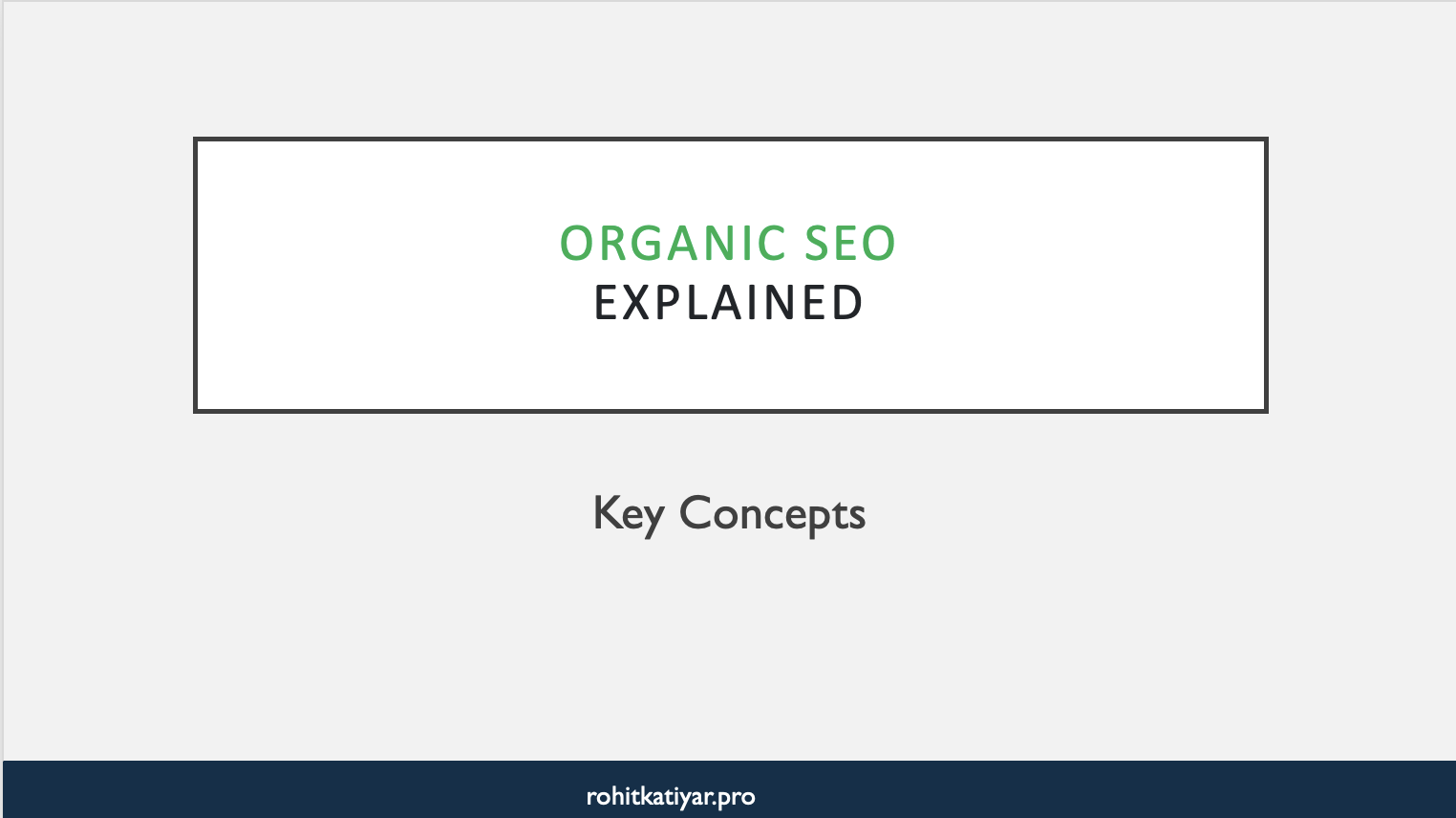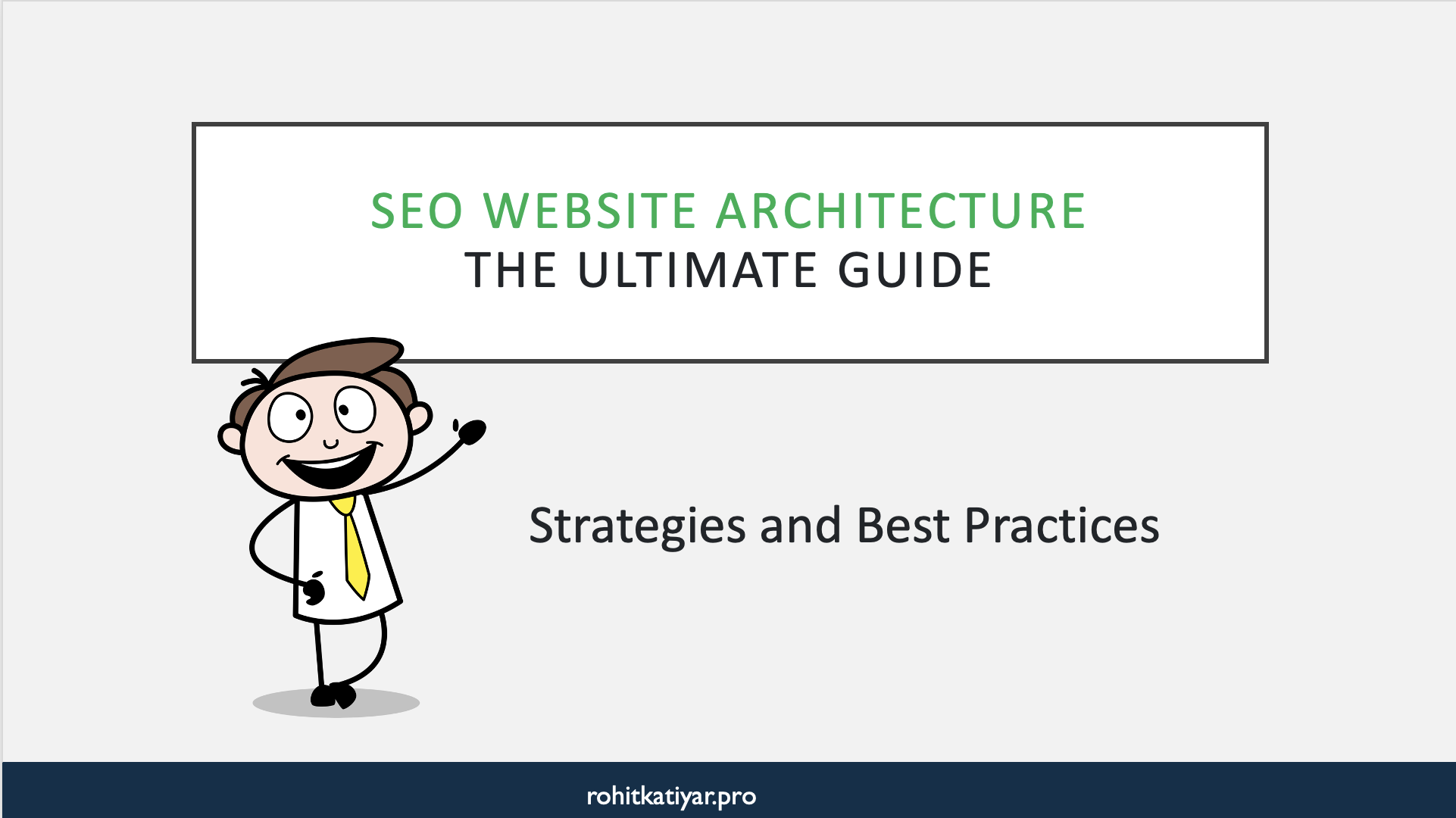Key Takeaways
- Organic SEO drives sustainable, high-quality traffic without ongoing ad spend
- Understanding search intent and delivering valuable content are critical
- Technical, on-page, and off-page SEO all contribute to success
- SEO results compound over time, offering long-term benefits
- Staying current with SEO trends ensures continued growth
Join 473+ Founders & Marketing Leaders for tips, strategies, and resources to scale your business.
The Core Pillars of Organic SEO
A robust Organic SEO strategy rests on several foundational elements. Understanding and mastering these pillars is key to achieving long-term, organic search visibility.
Did you know:
Search engines process over 8.5 billion searches daily, making organic visibility a massive opportunity for scalable growth.
Keyword Research & Intent
- Identifying what your target audience is searching for
- Mapping keywords to user intent (informational, navigational, transactional)
- Leveraging long-tail and semantic keywords for niche targeting
On-Page Optimization
- Crafting compelling, keyword-rich titles and meta descriptions
- Structuring content using headers (H1, H2, H3) for clarity
- Improving internal linking and URL structure
- Optimizing images with alt text and descriptive filenames
Technical SEO
- Ensuring website speed and mobile-friendliness
- Implementing structured data (schema markup)
- Creating and maintaining XML sitemaps
- Enhancing crawlability and fixing broken links
Quality Content Creation
- Producing valuable, original, and authoritative content
- Updating existing pages to keep information fresh
- Utilizing multimedia (videos, infographics) for engagement
Link Building & Authority
- Earning backlinks from reputable sites in your industry
- Building relationships with influencers and thought leaders
- Encouraging user-generated content and reviews
How Organic SEO Works: The Process in Detail
Organic SEO is a multifaceted approach that combines art, science, and strategic execution. Here’s how the process typically unfolds when building a strong organic search presence.
Pro Tip:
Focusing on user experience (UX) not only delights visitors but also wins favor with search engines.
Laying the Foundation: SEO Audit & Strategy
- Conduct a comprehensive website audit to uncover technical issues and opportunities
- Analyze competitors to understand their strengths and weaknesses
- Set realistic, measurable goals based on business objectives
Keyword Mapping & Content Planning
- Develop a keyword map aligning site pages with target search terms
- Build a content calendar to address audience pain points and questions
- Prioritize topics based on search volume, relevance, and competition
On-Page Optimization: Best Practices
- Use primary keywords in page titles, meta descriptions, and first 100 words
- Break up content with headers, lists, and visuals for readability
- Implement schema markup for enhanced search listings
Building Authority: Off-Page SEO
- Outreach to relevant blogs and publications for backlinks
- Promote content via social media and email newsletters
- Engage in guest posting and digital PR
Monitoring, Analysis & Continuous Improvement
- Track rankings, organic traffic, and conversions
- Use tools like Google Analytics and Search Console for data-driven insights
- Continuously refine tactics based on performance metrics
Benefits of Organic SEO for Businesses
Investing in Organic SEO delivers compounding returns, making it a vital strategy for founders, marketing heads, and entrepreneurs seeking sustainable growth.
Did you know:
Unlike paid ads, the benefits of Organic SEO can last for years after the initial investment.
Cost-Effectiveness & ROI
- No ongoing ad spend required; results accrue over time
- Higher ROI compared to many other digital marketing channels
- Reduced dependency on paid acquisition
Brand Trust & Credibility
- Organic listings foster more trust than sponsored results
- High-ranking sites are perceived as industry leaders
- Positive reviews and authoritative content enhance reputation
Long-Term Traffic & Lead Generation
- Organic search delivers steady, high-intent visitors
- Content continues to attract traffic months or years later
- Better lead quality due to searcher intent alignment
Competitive Advantage
- Early adopters of SEO often dominate niche markets
- Barriers to entry increase as sites build authority
- SEO efforts create defensible, long-lasting assets
Common Challenges & How to Overcome Them
The path to organic search success isn’t without hurdles. Addressing these challenges head-on will accelerate your results and keep your strategy on course.
Pro Tip:
SEO is a dynamic field. Staying updated with search engine algorithm changes is essential for maintaining your rankings.
Algorithm Updates
- Google frequently updates its ranking algorithms
- Focus on quality, user-focused content to withstand changes
- Avoid black-hat tactics that may result in penalties
Competition & Saturation
- Many industries face stiff competition for top keywords
- Target long-tail keywords and emerging search trends
- Differentiate your content with unique insights and formats
Measuring Impact & Attribution
- SEO results often take months to materialize
- Track key metrics: keyword rankings, organic sessions, conversion rates
- Use attribution models to understand SEO’s impact on revenue
Resource Constraints
- SEO requires ongoing time and expertise
- Leverage automation tools for audits and monitoring
- Consider outsourcing specialized tasks to agencies or freelancers

Frequently Asked Questions (FAQ)
What is the difference between Organic SEO and Paid SEO?
Organic SEO focuses on improving rankings through unpaid strategies such as content creation and link building, while paid SEO (often called SEM or PPC) involves paying for ads to appear in search results.
How long does it take to see results from Organic SEO?
Most websites begin to see measurable improvements within 3-6 months, but significant gains often require 6-12 months or more, depending on competition and industry.
Why is Organic SEO important for startups and small businesses?
Organic SEO offers a cost-effective way to compete with larger brands, build credibility, and attract high-quality leads without a huge advertising budget.
Can I do Organic SEO myself, or do I need to hire an expert?
Many basics can be managed in-house by learning best practices, but engaging experts or agencies can accelerate complex strategies and technical implementation.
What are the most important Organic SEO ranking factors?
Key factors include high-quality content, relevant backlinks, mobile-friendly design, fast page speed, and an optimized user experience.
You may also like the below Video Course

Conclusion: Taking Action with Organic SEO
Organic SEO is a powerful lever for sustainable business growth. By investing in foundational SEO practices and staying adaptable to industry changes, founders, marketing heads, and entrepreneurs can secure a lasting competitive edge in the digital arena.
- Audit your website and SEO strategy regularly
- Invest in quality content and technical optimization
- Monitor performance data and adjust tactics as needed
- Build relationships for credible backlinks and brand mentions
- Stay informed about search engine updates and best practices
Pro Tip:
Consistency is crucial—SEO success is built on ongoing effort, learning, and adaptation.
Want to Scale your SEO initiatives?
Need a SEO growth partner who can build the same automation, paid acquisition, and retention systems we architect for our marketing automation and growth retainers? We help leaders scale repeatable revenue engines in SEO without adding bloated headcount.
Talk to us about plugging our expert team into your roadmap—no pressure, just a candid conversation about how we can automate, optimize, and grow faster together.


